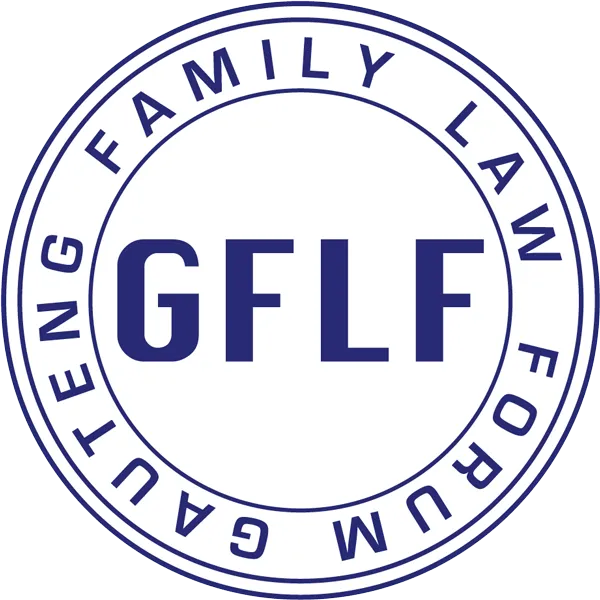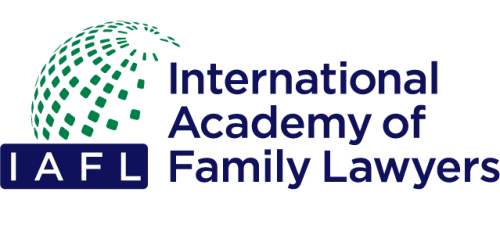
Introduction
In the case concerning AV, NZ, and DC, the court faced the complex issue of determining parental rights and responsibilities under the Children’s Act 38 of 2005. The couple, AV and NZ, sought a legal determination regarding the status of DC, a sperm donor, and his role in the life of their child, Z. This case illustrates the intersection of reproductive rights, family law, and the best interests of the child.
Facts of the Case
AV and NZ are a lesbian couple who decided to have a child together. AV, intending to give birth, sought a sperm donor through various digital platforms. DC, a gay man matching their specific ethnic requirements, agreed to donate his sperm. The fertilization process was conducted at AV’s home without medical intervention. In 2019, AV gave birth to Z, a daughter, with NZ present at the birth, while DC was at the hospital but not allowed in the theatre.
Subsequently, DC was registered as the father on Z’s birth certificate. However, disagreements arose when DC opposed AV’s plan to travel with Z to country B, insisting on a co-parenting agreement. AV and NZ sought the court’s intervention to declare that DC, as a gamete donor, had no parental rights or responsibilities under section 40(3) of the Children’s Act 38 of 2005.
Application and Legal Issues
The core legal issue revolves around section 40(3) of the Children’s Act, which states that no rights, responsibilities, duties, or obligations arise between a child born through artificial fertilization and the person whose gametes were used, unless a parenting agreement exists. AV and NZ argued that this provision should apply to DC, thereby excluding him from any parental role.
DC, however, contended that he had parental rights under section 18 of the Act, as AV and NZ had agreed to his involvement.
Court’s Reasoning and Decision
The court found that there was no formal co-parenting agreement between the parties. Despite DC’s biological connection to Z, the court emphasized the distinction between a biological father and a legal parent. According to the Children’s Act, DC’s role as a gamete donor did not automatically grant him parental rights.
Key Quote from the Judgment:
“He may be a biological father but he is not a parent. He simply cannot become a parent in terms of the Act.” (para. 40)
The court held that DC’s claim to parental rights under section 21 would undermine the statutory definition of a parent in section 1 and negate the disqualification imposed by section 40(3). Thus, the court declared that AV and NZ have full parental rights and responsibilities regarding Z.
Best Interests of the Child
The court also considered the best interests of the child, a paramount principle in family law. Despite DC’s lack of contact with Z since 2019, the court recognized that Z’s best interests would not be served by severing her connection with DC. The court ordered that contact between DC and Z should be restored, ensuring that DC could contribute to Z’s care, which aligns with the child’s welfare.
Order Issued:
- Z shall be regarded as the child of AV and NZ for all purposes under section 40 of the Children’s Act.
- AV and NZ are granted full parental rights and responsibilities.
- DC is recognized as a gamete donor, not a parent, under the Act.
- AV does not require DC’s consent for temporary overseas travel with Z.
- Directions for DC to have contact with Z and referral to the Maintenance Court to determine DC’s maintenance contributions.
FAQs
1. Can a sperm donor claim parental rights?
- Under section 40(3) of the Children’s Act 38 of 2005, a sperm donor cannot claim parental rights unless a co-parenting agreement exists.
2. What constitutes a valid co-parenting agreement?
- A valid co-parenting agreement should be a formal agreement between the involved parties, outlining the rights and responsibilities towards the child.
3. How does the court determine the best interests of the child?
- The court considers factors such as the child’s need for stability, the relationship with each parent, and the potential impact of any changes in their living situation.
4. What are the responsibilities of a gamete donor?
- A gamete donor is not automatically granted parental rights or responsibilities unless specified in a co-parenting agreement. They may, however, have obligations such as financial maintenance if determined by the court.
Conclusion
This case highlights the complexities surrounding gamete donation and parental rights. The court’s decision underscores the legal distinction between biological connections and parental responsibilities, ensuring that the best interests of the child remain the primary consideration.
For further inquiries on this topic, feel free to reach out to our legal team at Vermeulen Attorneys.













